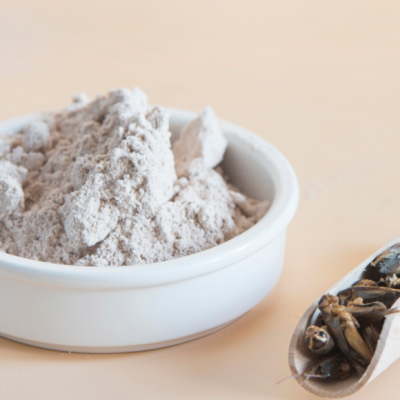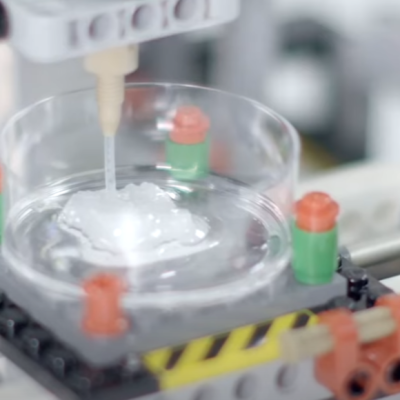Labor meat, also known as in-vitro meat, could be the key to sustainable food production for the growing world population. However, the production process requires muscle tissue from an animal, which is extracted and used to create stem cells that are then multiplied in a bioreactor. These cells eventually form muscles, and with the help of a scaffold made of animal collagen, they grow into a larger mass. This process allows for meat production without the need for animal slaughter, but muscle tissue is still required. Researchers at the Center for Cellular Agriculture (TUCCA) at Tufts University have developed immortal cattle muscle stem cells (iBSCs) that can divide infinitely, eliminating the need for constant cell biopsies from livestock. The genetically modified cattle cells also multiply faster, allowing for more meat production in the same amount of time.
To achieve the immortality of the cells, the researchers modified their genes to constantly rebuild their telomeres, which effectively rejuvenates their chromosomes and prepares them for another round of replication and cell division. The second step towards cell immortality was to stimulate the cells to continuously produce a protein that stimulates a critical stage of cell division, effectively accelerating the process and helping the cells grow faster. The modified stem cells differentiated into mature muscle cells, which may be mature enough to replicate the taste and texture of natural meat.
Andrew Stout, a doctoral student at TUCCA and lead researcher of the project, sees benefits for research as well. The immortal cells can reduce costs and enable large-scale production, making it easier for other researchers to enter the field of cell agriculture. The development of immortal stem cells is a significant step towards sustainable food production and could potentially revolutionize the meat industry.










